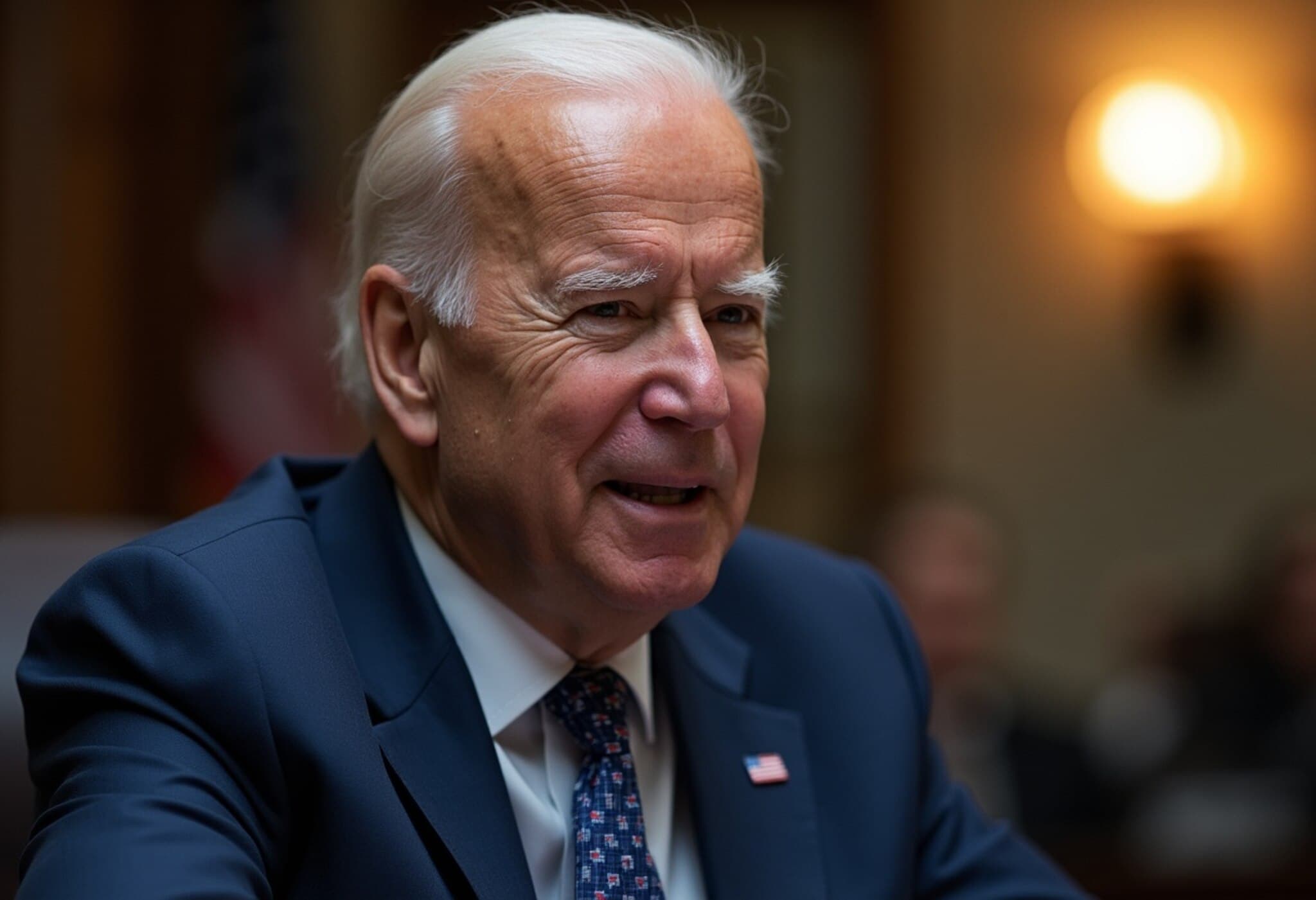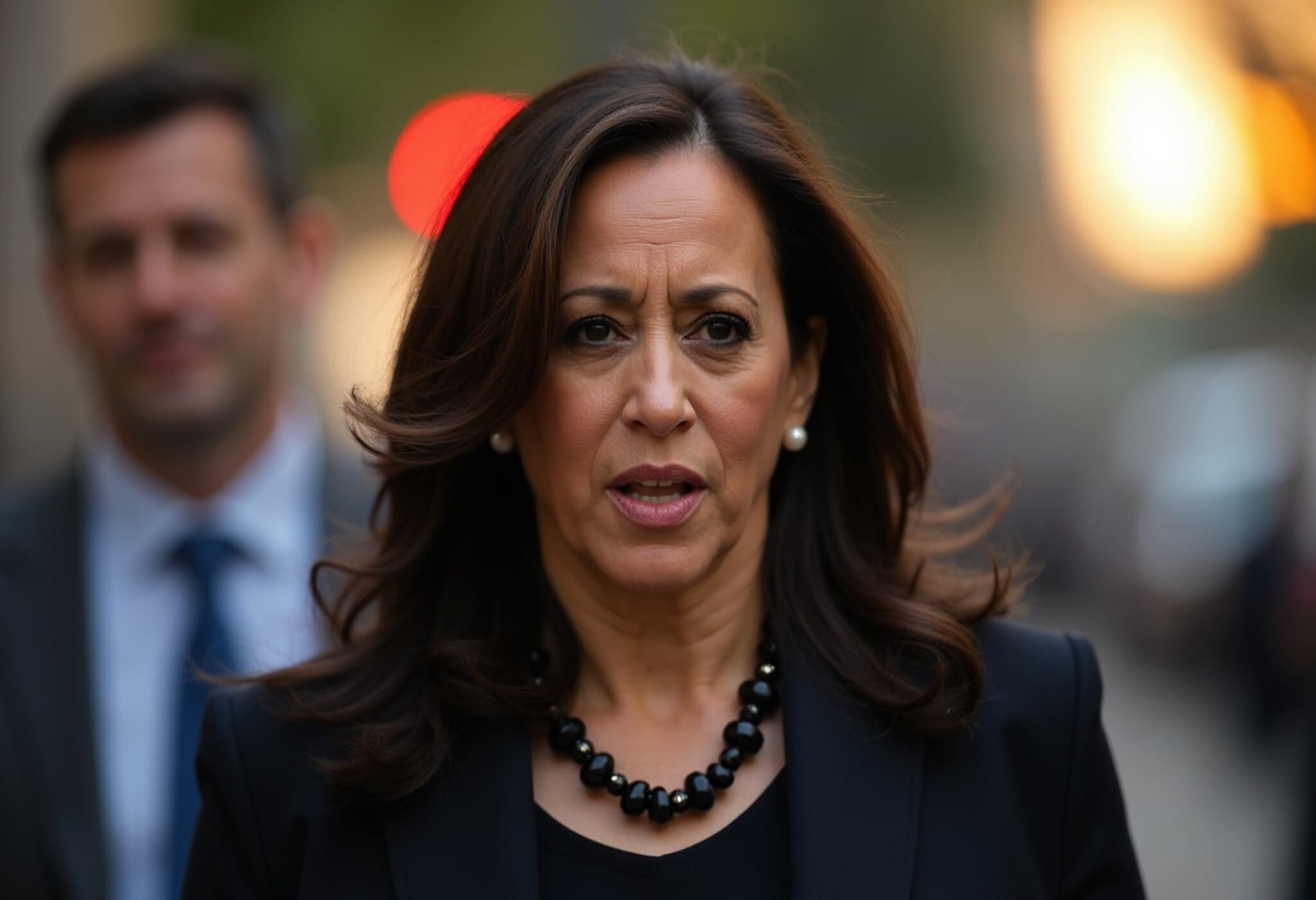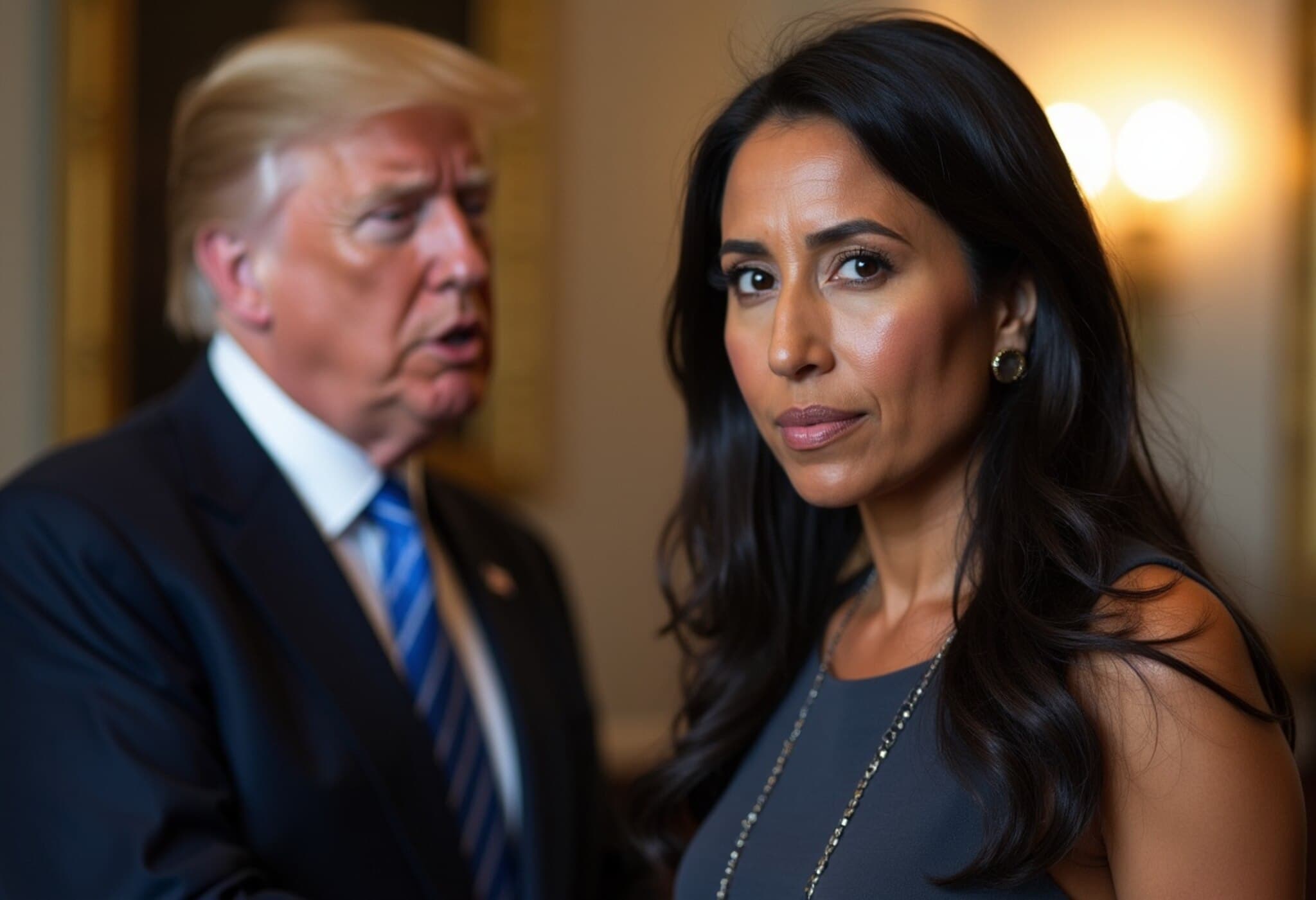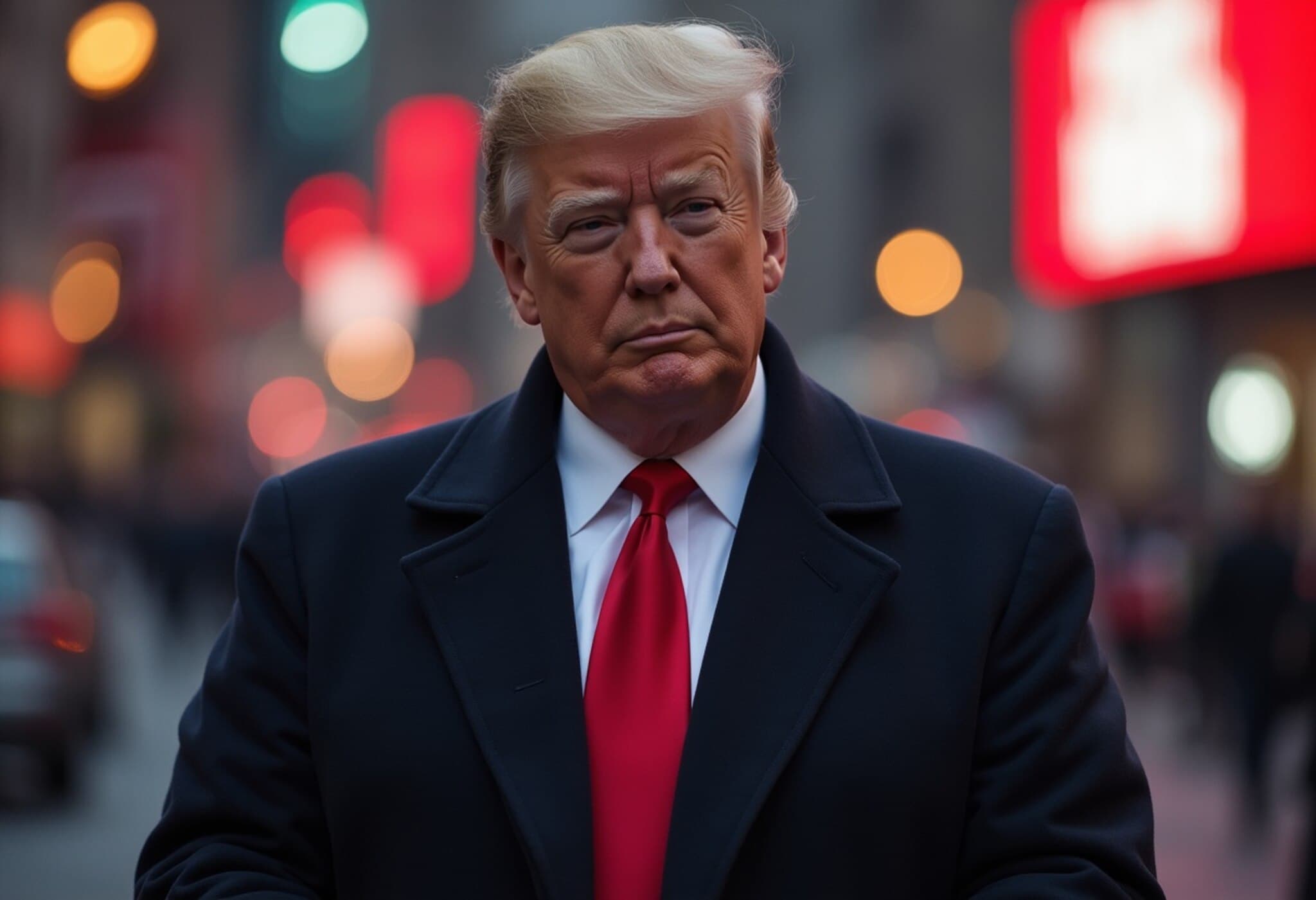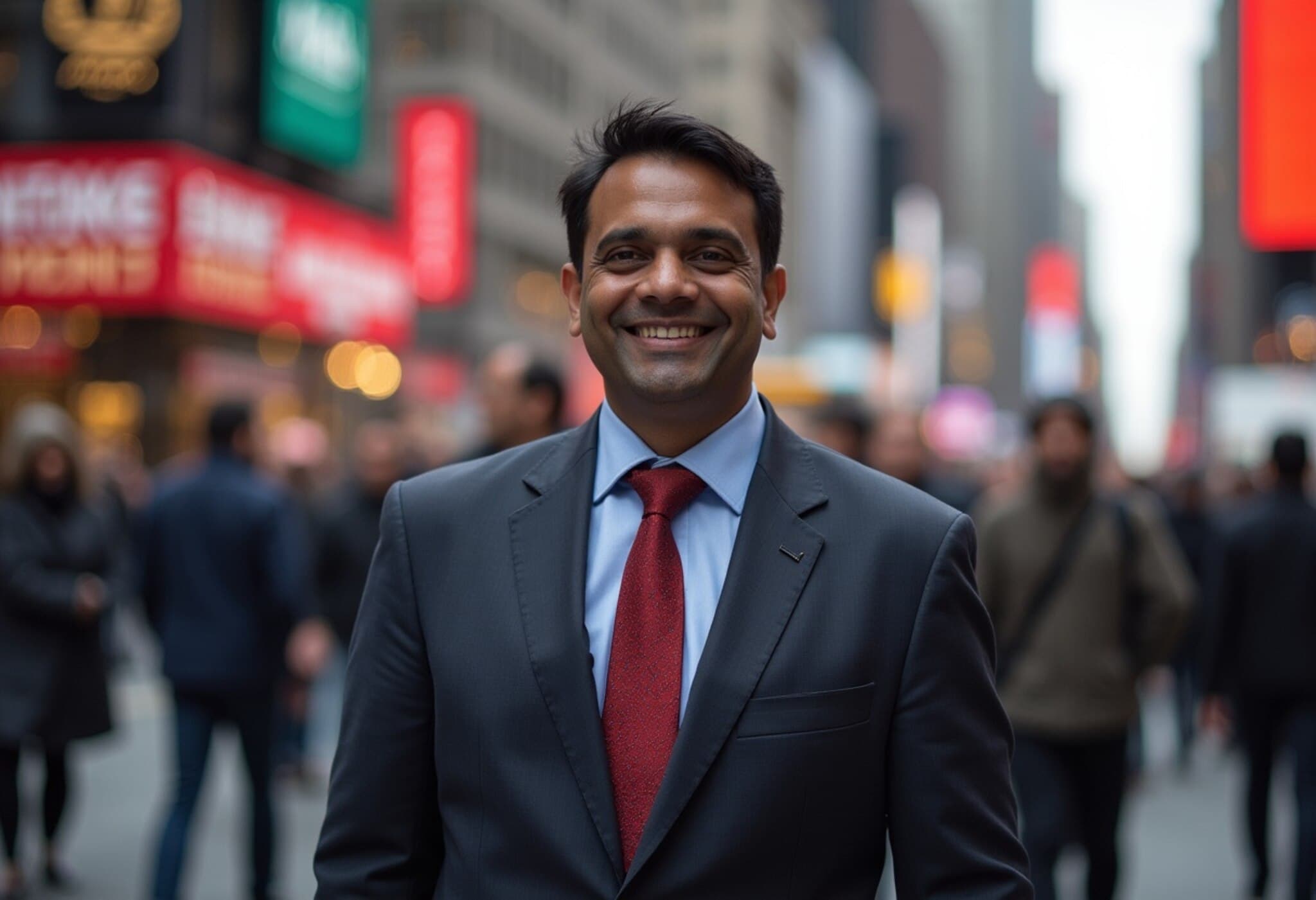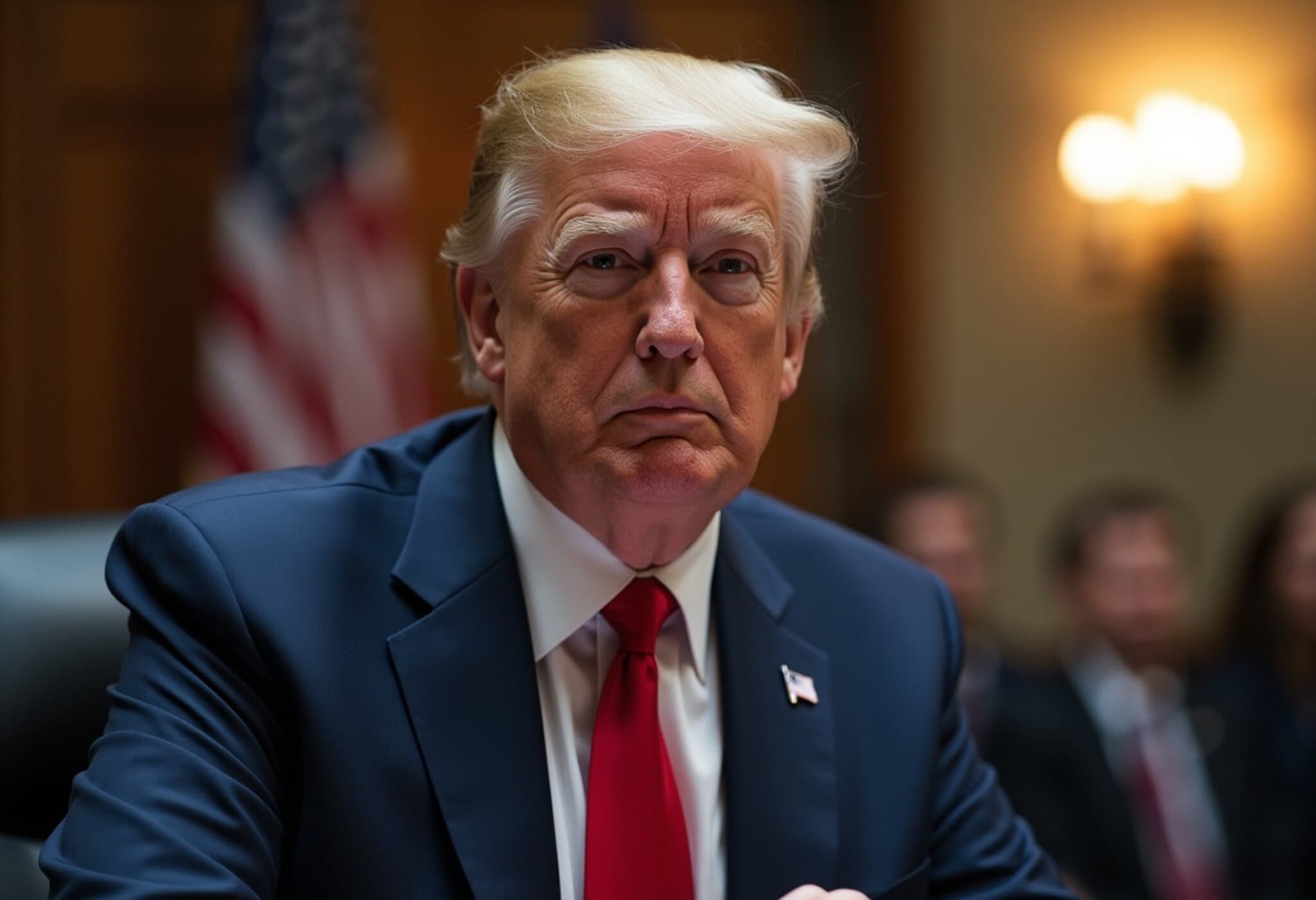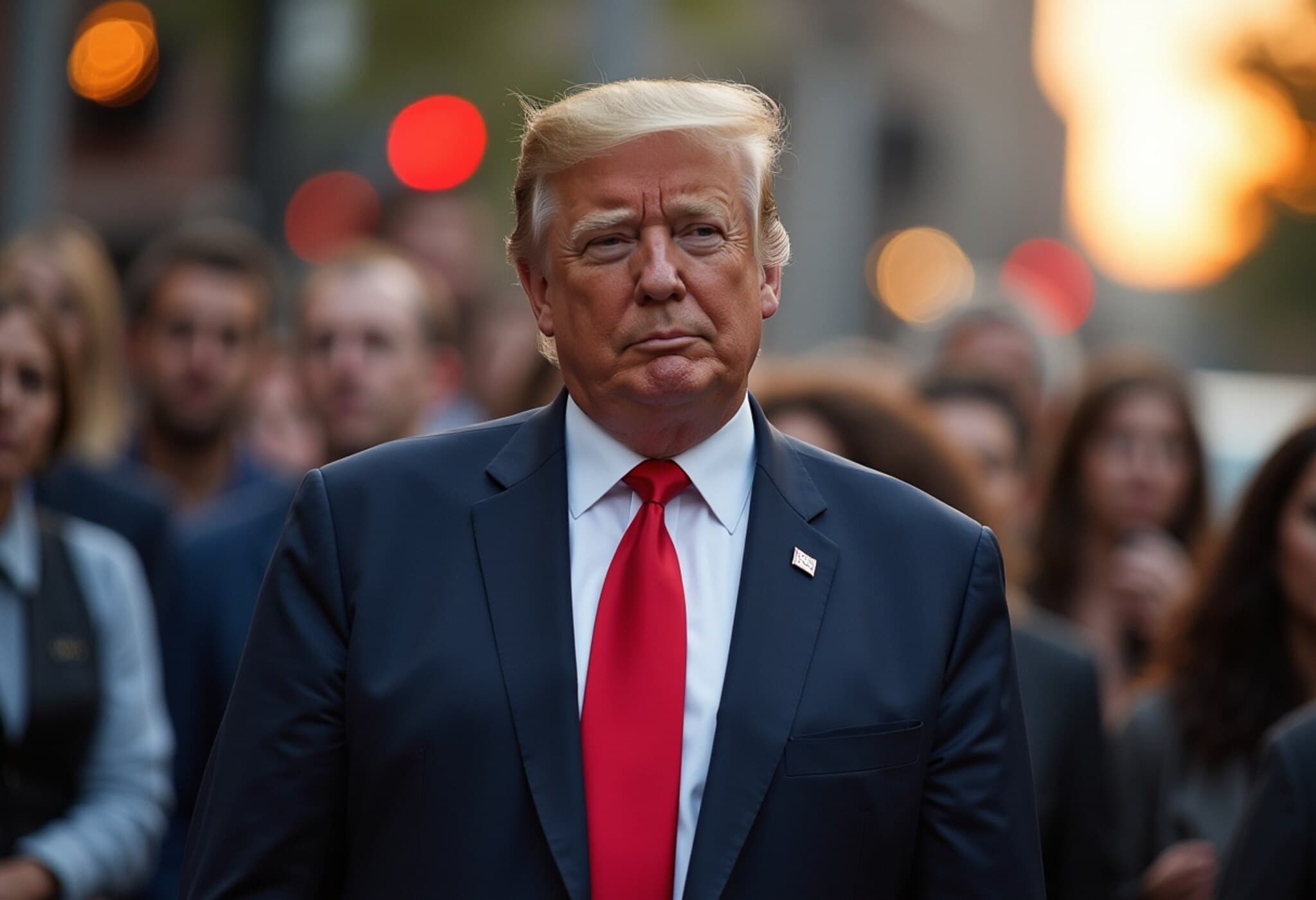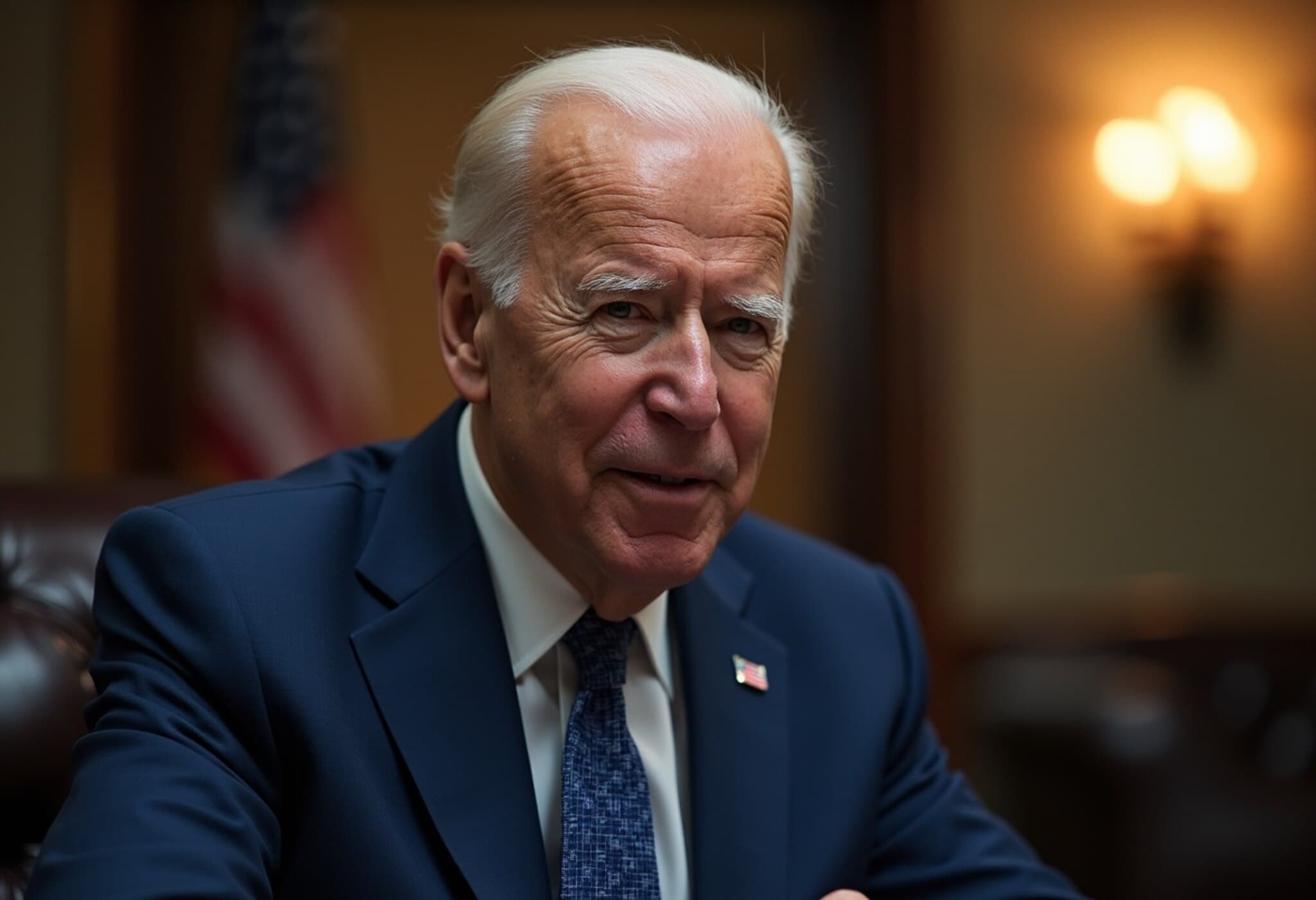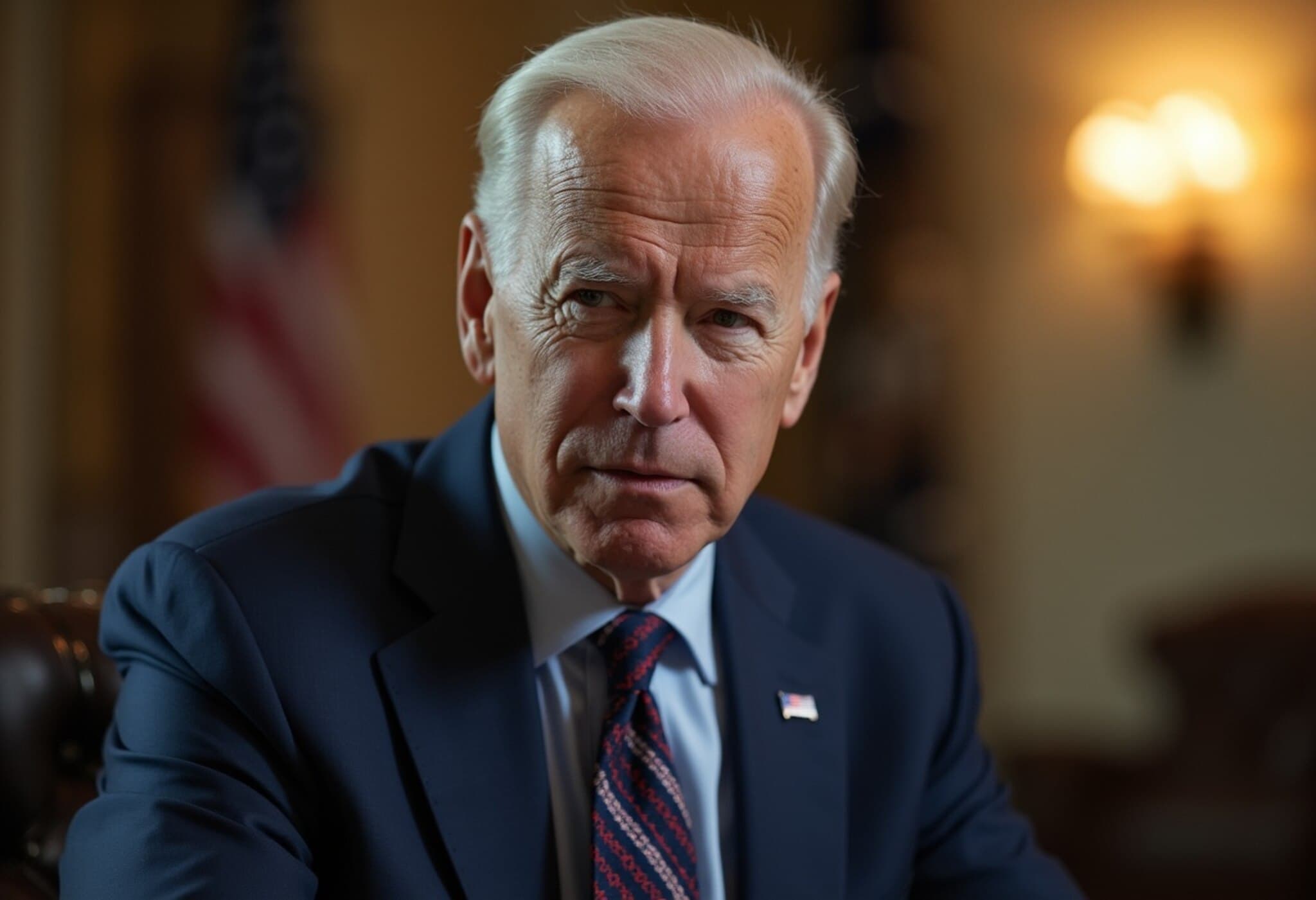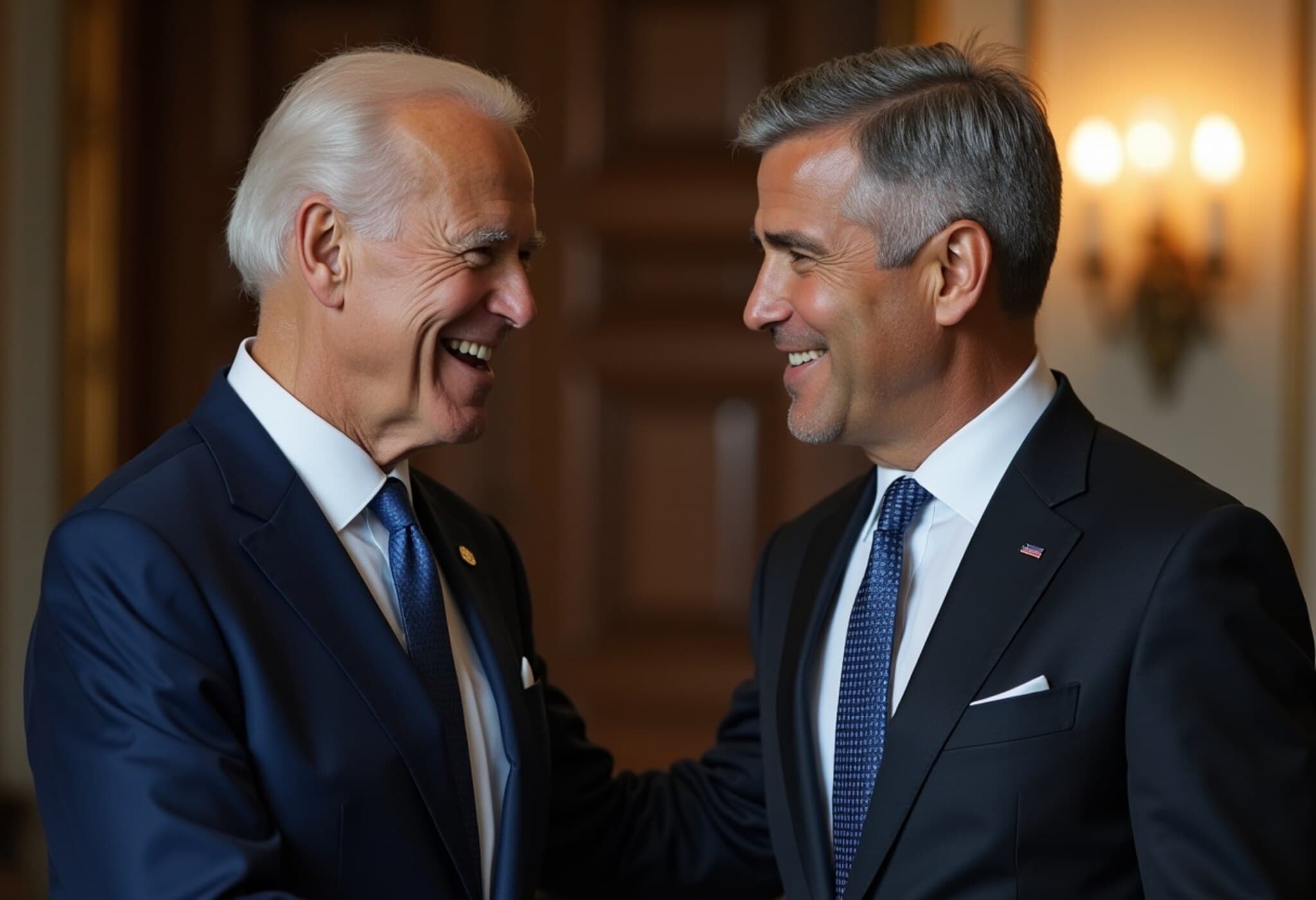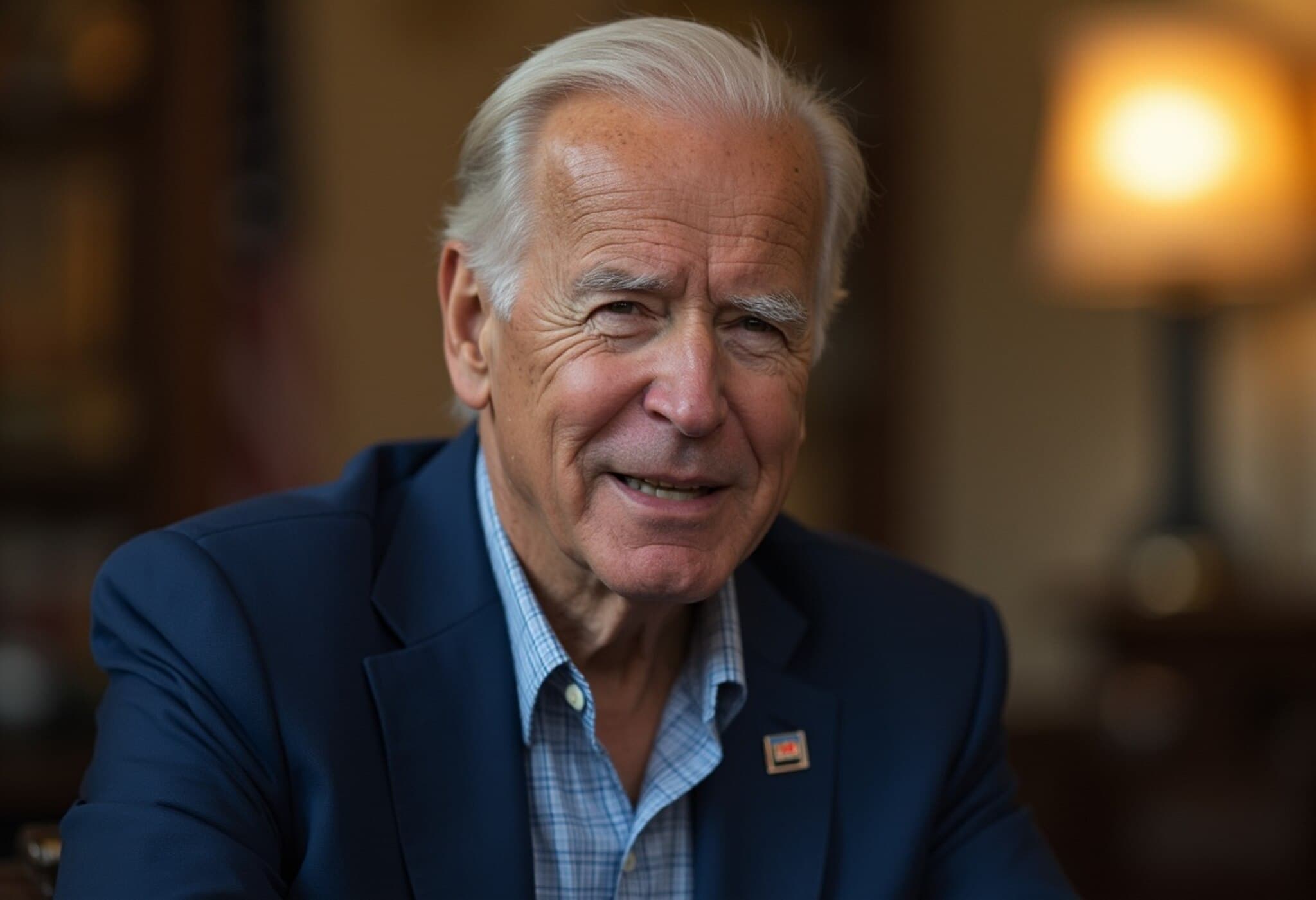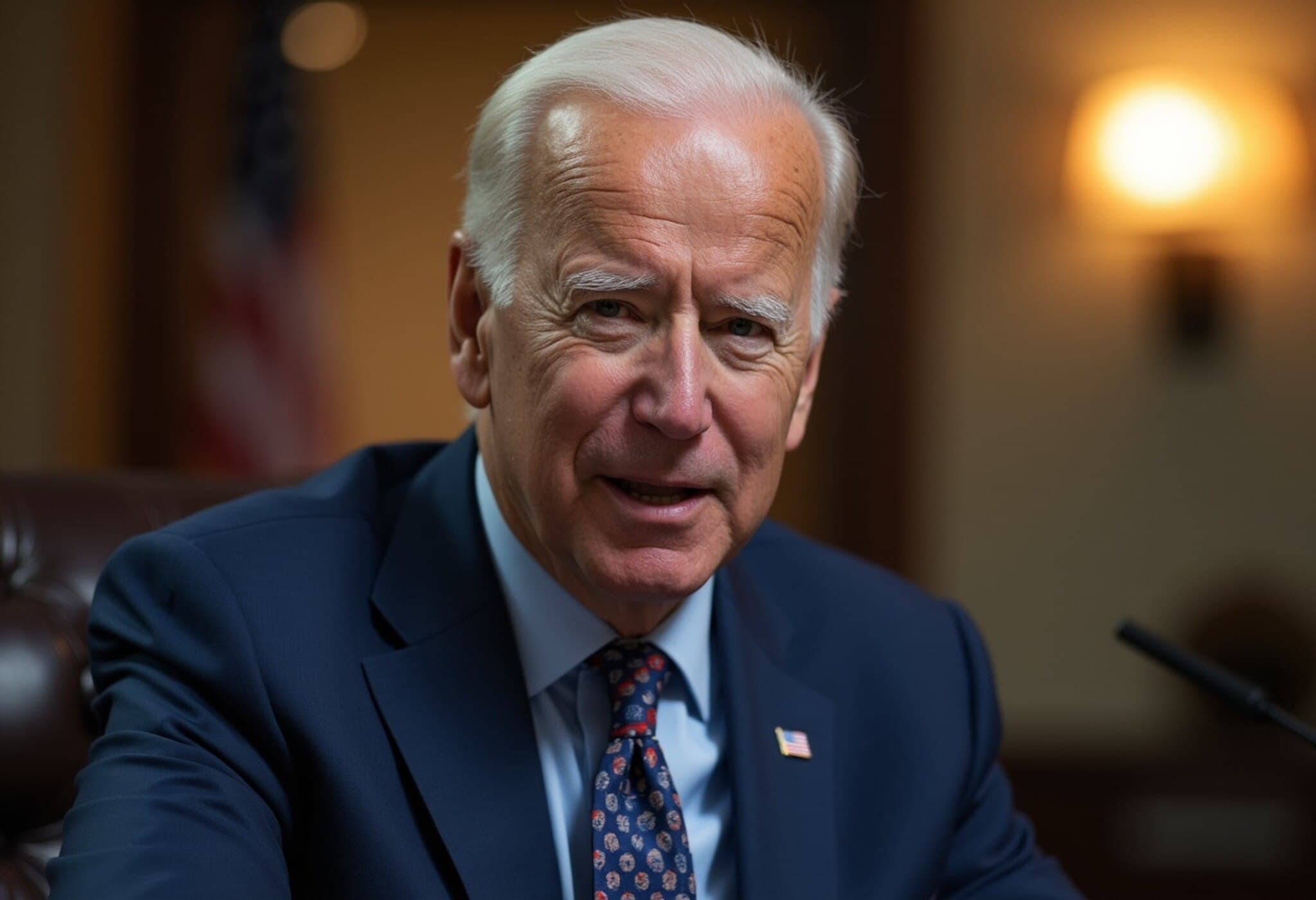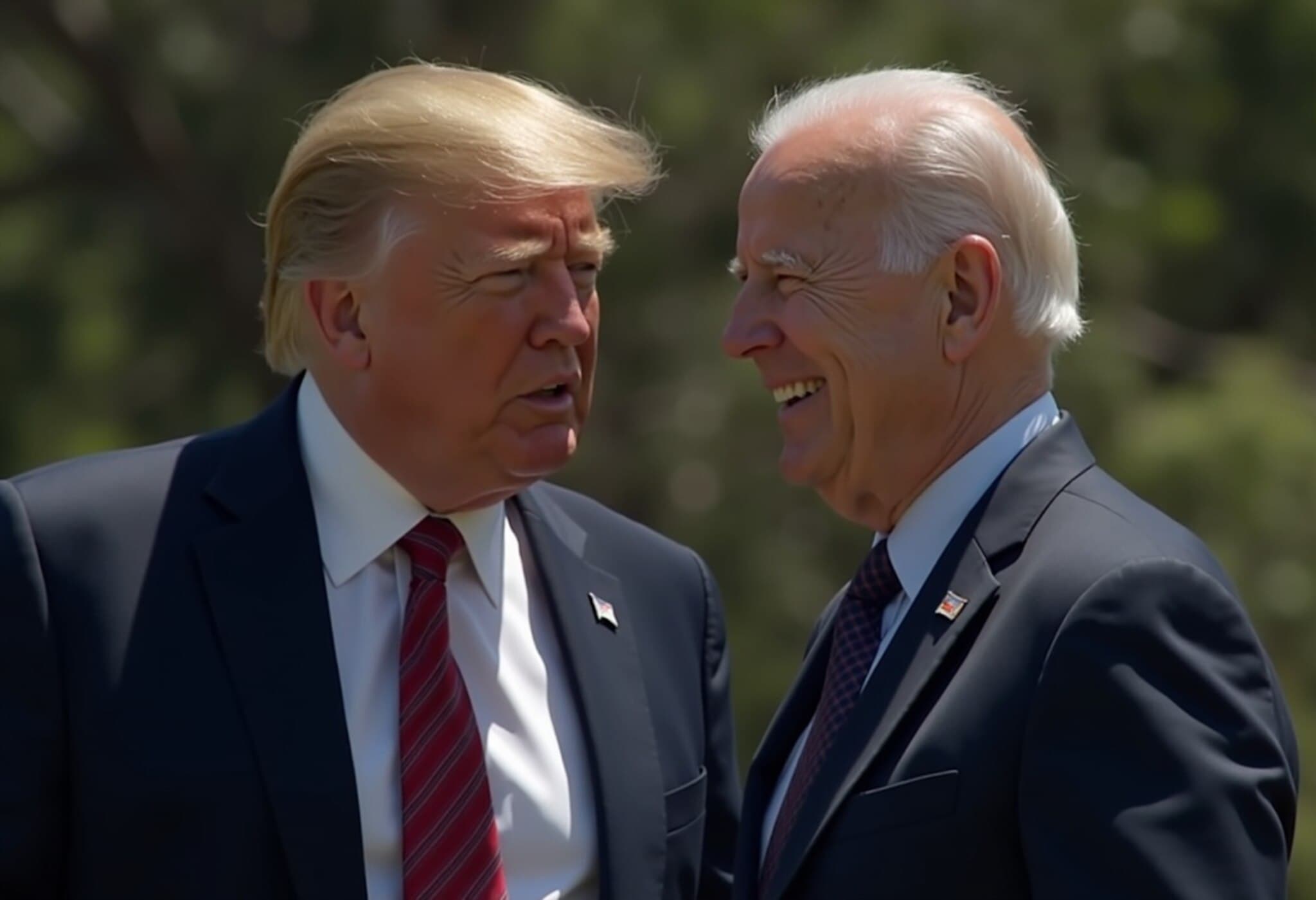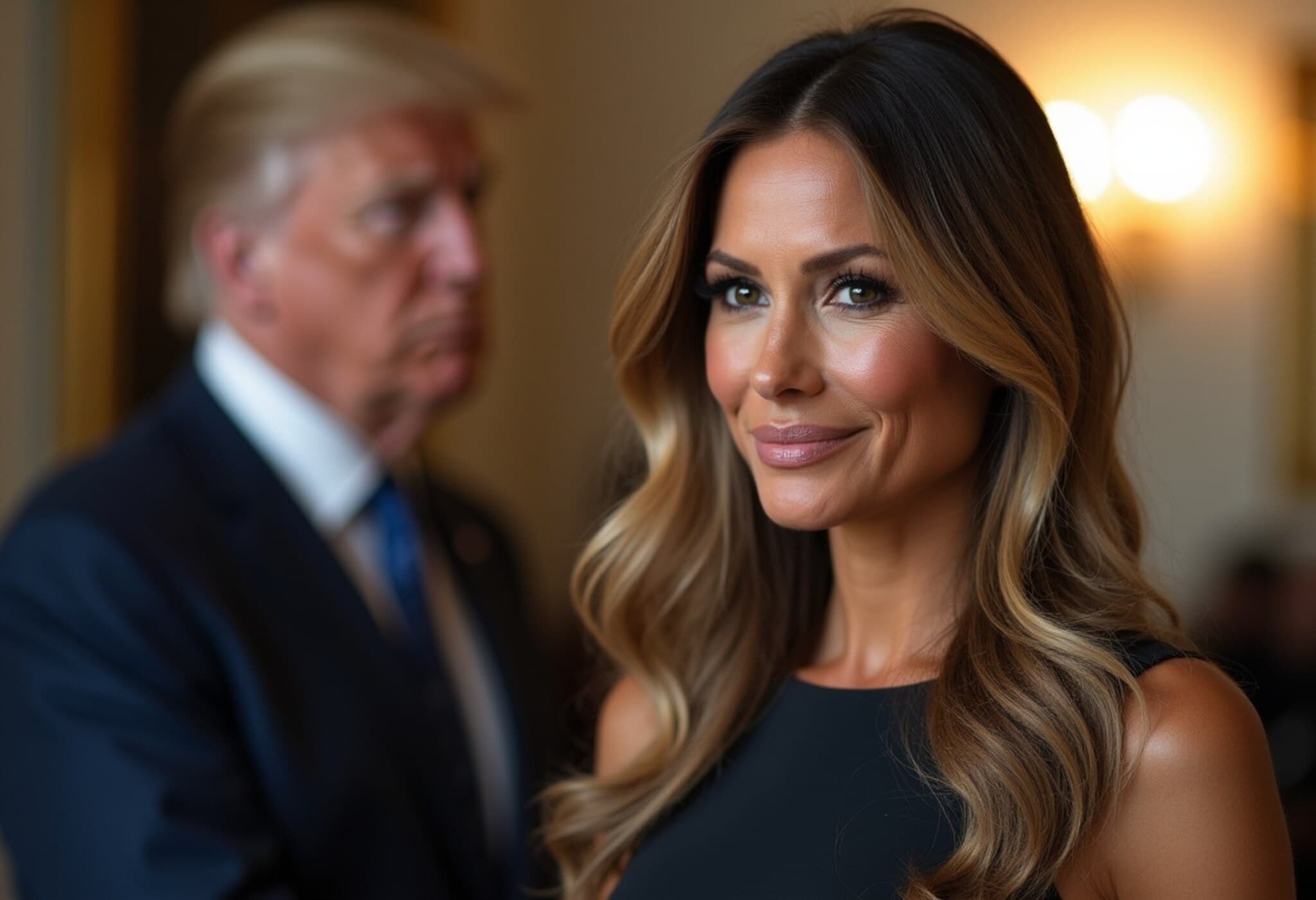Hunter Biden Discloses Sleep Medication Use by Joe Biden Ahead of 2024 Debate
In a candid interview that has stirred renewed discussions about the 2024 presidential race, Hunter Biden revealed that his father, former President Joe Biden, was taking Ambien, a sleep aid, prior to his high-stakes debate against then-President Donald Trump in June last year. This disclosure sheds new light on the former president’s widely criticized debate performance and raises questions about the pressures and health considerations facing senior political leaders.
The Context of a Difficult Debate
During a lengthy, in-depth interview with YouTube creator Andrew Callaghan, aired recently, Hunter Biden candidly described the toll the intense campaign schedule took on his father. “He flew around the world – the mileage could have gone three times around the globe. He's 81 years old, and he’s tired as hell,” Hunter said. To manage sleep difficulties exacerbated by this grueling travel schedule, Hunter explained, his father was prescribed Ambien.
Hunter recalled, “They give him Ambien so he can get some rest. But then he gets up on stage, and he looks like he’s a deer caught in headlights,” pointing to the former president’s noticeably sluggish and unfocused performance that day.
What Is Ambien and Its Impact?
Ambien (zolpidem) is a sedative-hypnotic prescribed primarily for short-term treatment of insomnia. While it can help patients fall asleep, Ambien is known to cause next-day drowsiness and cognitive sluggishness—effects that may impair alertness, reaction time, and mental clarity. For an 81-year-old presidential candidate tackling a vitally important debate, the side effects can be particularly pronounced.
Experts emphasize that combining intense travel, high stress, and sedative medication presents a significant challenge for anyone's mental acuity—let alone a presidential candidate on a global stage. The revelations further ignite ongoing conversations around the physical and cognitive demands placed on senior politicians, especially in the U.S., where the average age of presidential candidates has steadily increased.
Political Backlash and Party Divisions
Biden’s live debate performance had already triggered concern and criticism within Democratic circles. His slow, gravelly voice and rambling answers left many voters and party officials unsettled, ultimately fueling calls for him to withdraw from the presidency race. Hunter’s disclosure adds nuance to these reactions, exposing the human element behind the public figure’s performance and reflecting the grueling nature of modern campaigning.
Hunter Biden Responds to George Clooney’s Critique
Hunter also took aim at George Clooney, the famed actor and Hollywood advocate who, in a New York Times op-ed last year, urged Joe Biden to step down from his nomination over concerns about age and fitness. “What do you have to do with anything? ” Hunter retorted sharply, illustrating the tensions that arise when personal and political spheres collide.
No Official Response Yet from Biden’s Office
As of now, Joe Biden’s office has not issued an official statement addressing Hunter Biden’s revelations. The president’s team had previously emphasized his stamina and dedication despite his age and demanding schedule.
Looking Ahead: Broader Implications
This episode underscores a broader debate in American politics about the role of age, health transparency, and candidate fitness in presidential campaigns. As lifespans lengthen and political careers extend, voters are increasingly attentive to how leaders manage health and stamina.
- Should there be greater transparency about candidate health and medications?
- How can parties better balance experience with the physical demands of campaigning?
- What does this mean for the future of presidential debates and voter expectations?
Hunter Biden’s frank revelations may open the door for more open conversations about these critical challenges.
Hunter Biden’s insight offers a rare glimpse behind the scenes of American electoral politics, highlighting the human vulnerabilities of its leaders. This story invites reflection on the complex interplay between health, media performance, and public perception, which inevitably shape democratic engagement. As the 2028 election looms, voters and parties alike will need to grapple with how transparency and compassion can coexist in the demanding arena of political leadership.

